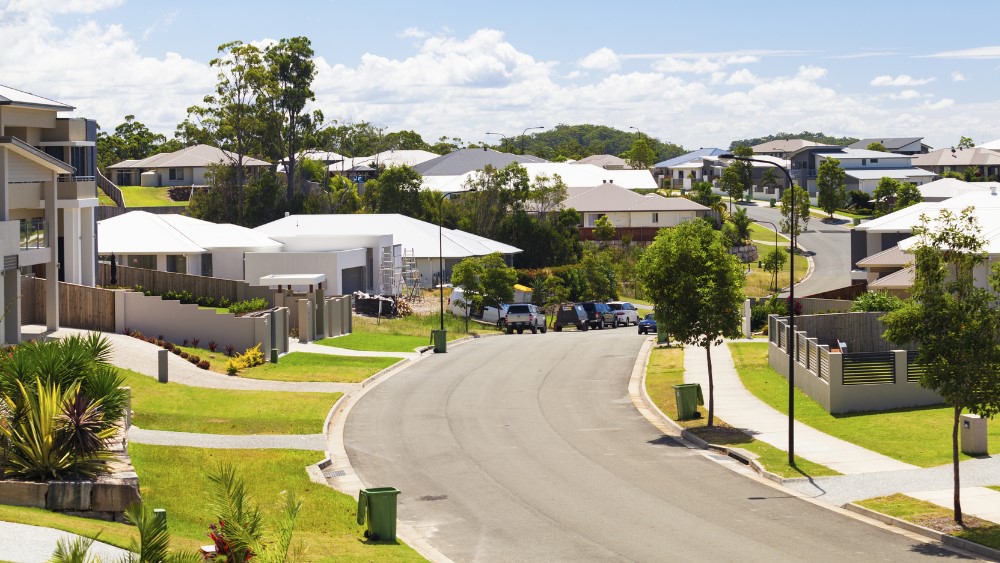
Whether you’re looking for a holiday home, investment property, or a future retirement spot, Australia is a popular choice for international buyers. That’s partly due to its thriving property market, but the stable economy there helps, too.
The property buying process might seem overly complicated initially, but it can be fairly straightforward if you follow these steps:
First step before looking for a property is getting more familiar with Australia’s regulations for foreign buyers – of which there are many. You need to gain approval from the Foreign Investment Review Board (FIRB) before purchasing most types of property.
The reason for this is to prove your investment is in Australia’s “best interests”, which makes it a mandatory process for all non-residents. You’ve generally got the following types of property at your disposal to purchase:
You need that FIRB approval before you can buy any property in Australia, as it’s illegal to sign any contracts without it. Getting it usually involves a one-time application fee, which can vary depending on the property’s price. Bear in mind it might take a few weeks before you get approved, so factor this into your buying timeline.
It’s definitely possible to secure financing as a non-resident buyer, but not all Aussie banks will give you a loan. Banks are usually going to assess you based on your foreign income, considering up to 70-80% of it when determining your eligibility for a loan.
Since not all lenders work with non-residents, you need to research which banks and lending institutions will. Australian banks like Commonwealth Bank and Westpac are usually good for this.
Non-residents need to pay higher down payments than Aussie citizens, which is usually between 20-30% of the property value.
Be prepared for a thorough review process, as lenders usually require documentation of the following:
The property price is clearly the largest cost you’ll pay, but there are a range of additional costs you also need to budget for when buying a house in Australia.
FIRB fees start at around AUD 6350, but that’s just if the property is under AUD 1 million. It can increase significantly for higher property values.
This is one of the biggest fees in property transactions. It’s based on the property’s value although it varies from state to state. Some states might even add a surcharge for non-resident buyers.
Budget for a lawyer or conveyancer so you know all the contracts and legal aspects are being handled properly.
These are how you know the property’s condition is okay, and they’re highly recommended for older properties in particular.
Once you’ve got a budget in mind and know your requirements, we can start searching for a property. Just ensure you do the following at this stage:
Most foreign buyers go for cities like Sydney, Melbourne, or the Gold Coast. However, if you’re undecided, there are a few tips you can follow to make the search easier:
Look for factors such as:
New dwellings are by far the easiest properties for non-residents to purchase. Remember that you need to start development within four years if you want to buy vacant land.
If you’re not able to visit Australia often, you’ll want an agent who properly understands the market and local regulations.
When you’ve found the right property, you can now make an offer! Property sales in Australia usually happen either by private treaty (negotiated sale) or by auction.
Just be prepared to bid confidently if you’re buying through auction – these are common in many parts of Australia and can move quickly.
Steps in Making an Offer:
We’d recommend having a lawyer at hand to review the contract before you sign. If FIRB approval is required, which it likely will be, make sure you include it as a conditional clause in the contract.
Settlement is the process of finalising the property transaction. In Australia, this typically occurs 30-90 days after the contract is signed, depending on the terms.
This is the time when both parties have a chance to fulfil all the contract conditions. For non-residents like yourself, this includes things like:
Just before settlement, you’ll typically have an opportunity to conduct one last inspection so you can confirm everything looks as it should.
Come settlement day, your bank or lawyer transfers the final amount to the seller’s bank – the title deed will then be transferred to your name!
After purchasing, there’s a chance you may decide to rent out the property. Ignore this part if it’s your primary home, but if it’s an investment property, you’ll be glad to know non-residents can rent their property out.
However, rental income in Australia is taxable, so there are some key points worth understanding about renting and taxes.
Having a local property manager can be key for the following:
This is obviously another expense you’ll have, but it’s worth it if you don’t plan on living in Australia.
Since rental income earned in Australia is taxable, you’ll have to file an Australian tax return. The tax rate you’ll be given depends on a few factors, which are:
If you decide to sell your property, you need to be wary of Australia’s capital gains tax. This applies to all non-residents and can have a major impact on your investment returns.
If you’re interested in purchasing property in Australia – whether it’s a second home, investment property, or a primary residence – consider Upscore to help secure a mortgage! Our Finance Passport lets you connect multiple lenders, so you can be confident knowing that you’ll find the best possible mortgage terms. Get started today and explore your options!

If you’ve recently moved to France or are planning a move, you’ll find car ownership here definitely has a bit...
Read More

Spain actually boasts more Blue Flag beaches than any other country in the world – 642 at the last count...
Read More

Weighing up the idea of moving to the United Arab Emirates? Maybe Dubai, maybe Abu Dhabi, or one of the...
Read More